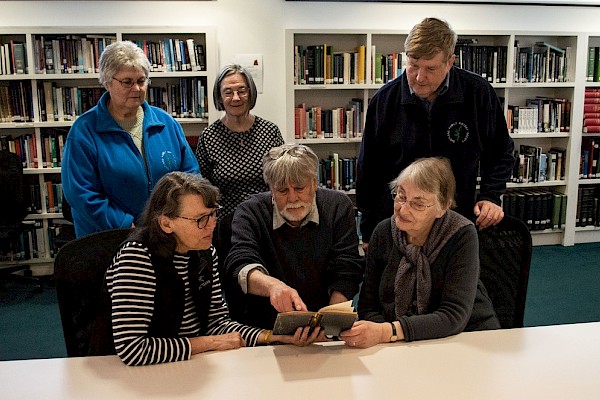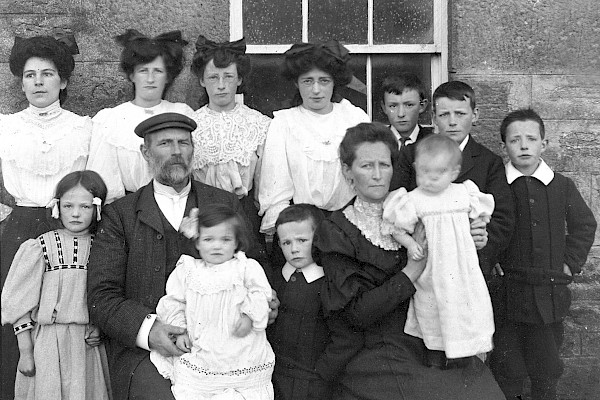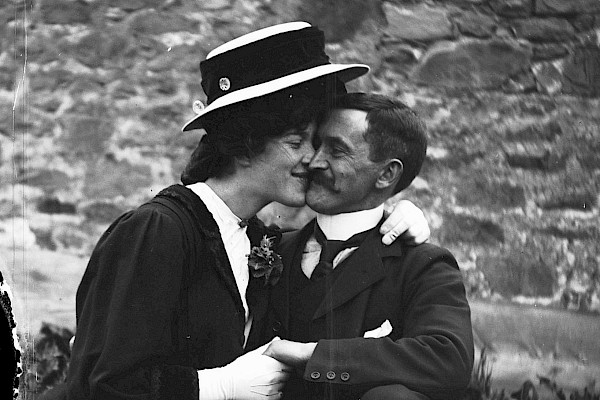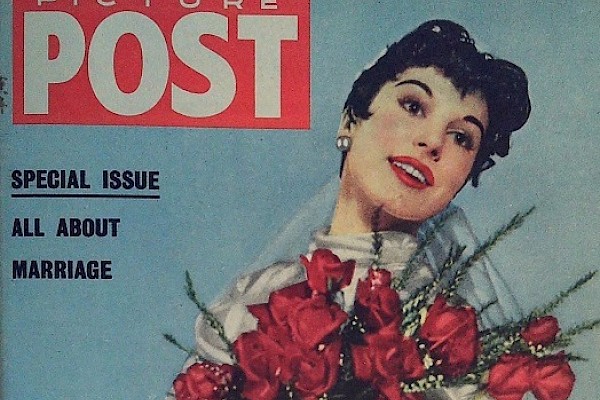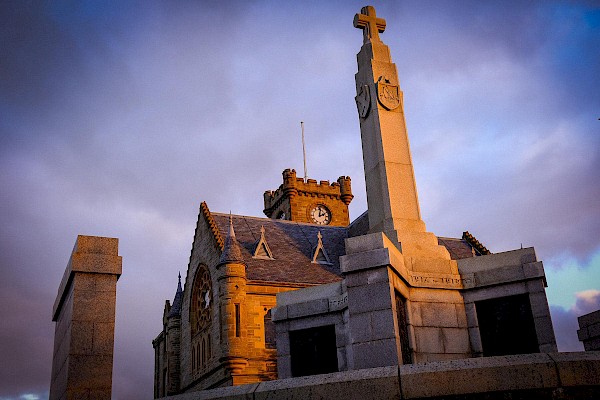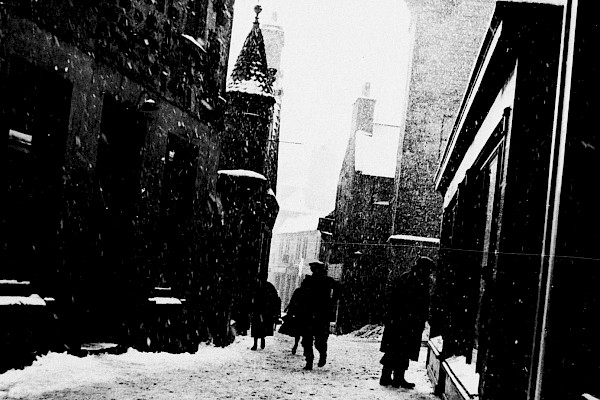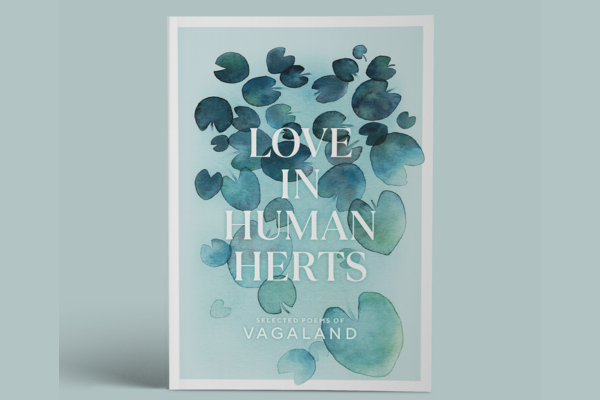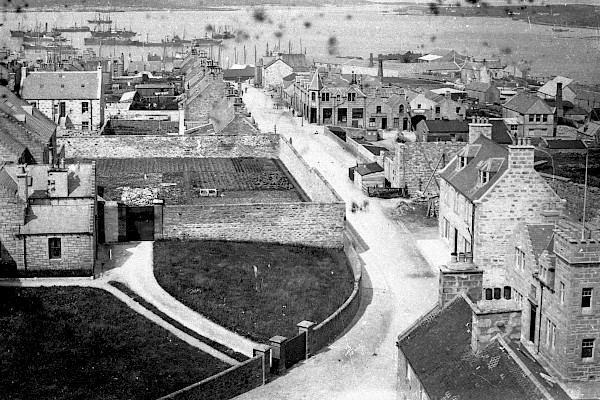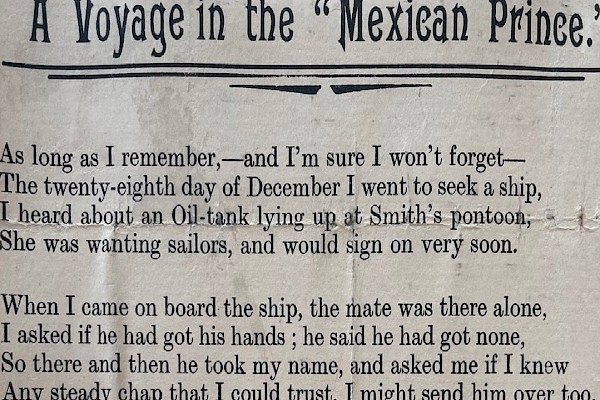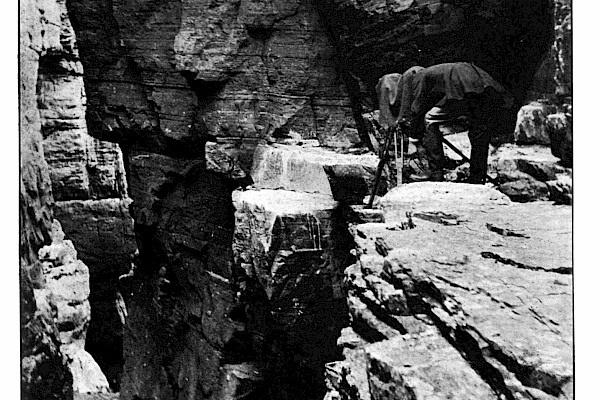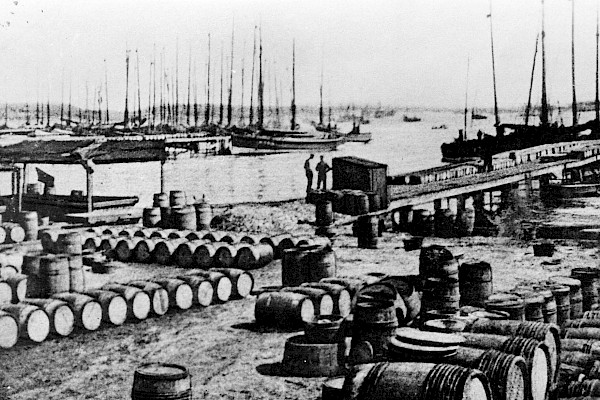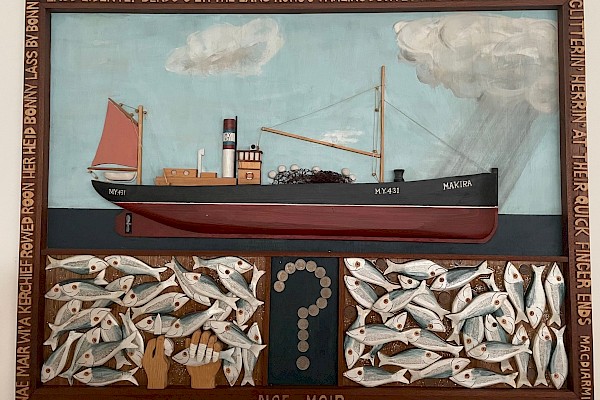Victory in Europe
Shetland took the news of the end of the war in Europe in much the same way as the rest of Britain, a mixture of relief, reflection, joy, and improvised fun. Shetland did have, though, a little-known connection with one of the men who signed the final surrender document in Berlin.
“Only the rough toil of the common man and woman in Britain obtained this freedom.” Shetland Times, 11 May 1945
It had been a long haul since 1939, but the final German instrument of unconditional surrender had been signed on 8 May, in Berlin. An earlier document had been signed at Reims on 7 May. Shetlanders got the news through the wireless. Not every household had one, and accumulator batteries needed to be conserved. People were anxious to hear the Prime Minister speak.
The Shetland Times noted that “on Monday Lerwick was alive with rumoured times for Churchill’s speech.” He broadcast on Tuesday at 3 p.m., and the newspaper printed the transcript of his words for anyone who hadn’t heard it. The local authority sent a telegram of congratulations to Air Chief Marshal Tedder who had signed the instrument on behalf of General Eisenhower. Arthur Tedder spent part of his early childhood in Shetland, where his father had worked for the Inland Revenue. Intriguing to think that some of the Air Chief Marshal’s earliest efforts at signing his name took place in a small private school in Lerwick.

Marshal Georgy Zhukov reading the German capitulation in Berlin. Seated on his right is Air Chief Marshal Sir Arthur Tedder. By http://www.booksite.ru/fulltext/1/001/009/001/235553933.jpg from: http://www.booksite.ru/fulltext/1/001/008/007/174.htm, Public Domain, https://commons.wikimedia.org/w/index.php?curid=10272685
There were no elaborate celebrations on the day. No doubt there were many informal ones, and bottles were found. Some people lit bonfires, the one at Ronald Street incorporated an effigy of Hitler. I remember my late mother telling how the military had proceeded with some vigour. An unpopular NCO had his parentage questioned loudly from the safety of a crowd. The Victory Parade took place on Sunday 13 May. The Shetland Times noted that Tuesday’s thanksgiving services had been well-attended. So there was both release, and reflection.

V.E. celebrations; dancing in Gilbertson Park, 1945, Isbister, A. From the Shetland Museum and Archives Online Photo Archive number AI01378

V.E. Day Bonfire Celebrations, Twageos Road, May 1945. From the Shetland Museum and Archives Online Photo Archive number NE04356
The war was over, prisoners were coming home. The Shetland Times reported that Captain Laurence Sinclair, formerly of Sandwick, had written home to Liverpool that he was free. Two other seafarers, James Burgess of Scousburgh, and David Williamson, of Whalsay, were reported to be back in Britain. Reunions were planned for kent faces seen again. Some welcomes were elaborate. The Boddam SWRI held a function on 17 May for James Burgess, and another Ness man, W. Watson.
The war was over - but it wasn’t. The war in the Far East continued, expected to go on until at least 1946 at the time. The wartime conscription scheme continued until May that year, when the period of National Service moved from “for the duration” to a fixed period. Rationing only ended completely in 1954. On 27 May the bacon ration was cut from 4 to 3 ounces. After a poor wheat crop in 1946 bread rationing started.
Men and women in service could expect to be retrained and sent out on troopships for the final conflict against Japan, a sobering thought at the very least. For Shetland families with prisoners in the Far East suffering had to be endured for a few months longer. Despite their world of beating and privation the prisoners did learn about VE-Day. There were a surprising number of radios in those camps. That war ended suddenly in September. Only a very few people knew about the Bomb in May 1945.
Despite rationing, and the Japan campaign, VE-Day was an undoubted moment of joy, with the promise of a return to normality on the horizon. Normal civilian life made a comeback with an election in June. People had fought for democracy, as well as survival.
In our time, in the Covid-19 crisis, we have the notable figure of the centenarian Captain Tom Moore, one of the last living members of the generation that faced the great challenge. Shetland writer J.W. Irvine (1917-2012) wrote about that generation in Shetland and the war. In an autobiographical book Along the Road, he told about being in Germany at the end. He said the first few days after the surrender were “unreal.” He mentioned the standards of living he saw in some German houses, civilisation in a place where civilisation had been rescinded. In 1991 he wrote about Shetland in World War Two, the forming experience of himself and other Shetlanders of his era. There isn’t really any need to quote, except to state evocative title he used, “The Giving Years.”
 We hope you have enjoyed this blog. We rely on the generous support of our funders and supporters to continue our work on behalf of Shetland. Everything we do is about caring for Shetland's outstanding natural and cultural heritage on behalf of the community and for future generations. Donations are welcomed and are essential to our work.
We hope you have enjoyed this blog. We rely on the generous support of our funders and supporters to continue our work on behalf of Shetland. Everything we do is about caring for Shetland's outstanding natural and cultural heritage on behalf of the community and for future generations. Donations are welcomed and are essential to our work.


